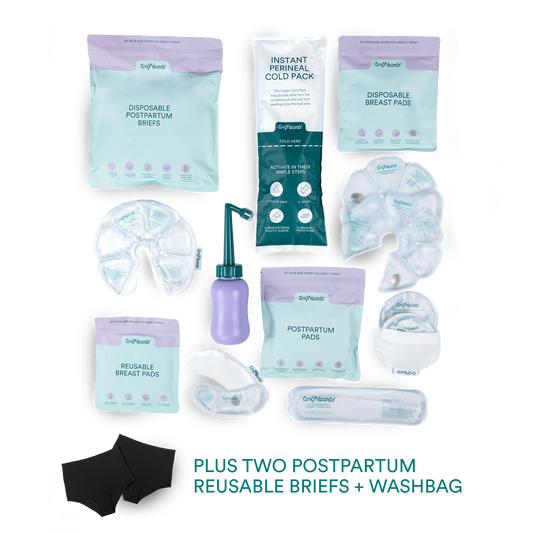Once a woman has fallen pregnant, pregnancy nutrition is often talked about. However, the months leading into conception is easily forgotten about. Preconception nutrition is an important part of preparing for pregnancy. More and more research is showing that optimal health and nutrition status results in an increased chance of falling pregnant, fewer pregnancy complications and influences next generation health outcomes.
Typically, the preconception period is defined as the three months before conception. This is generally the average time for fertile couples to fall pregnant. Three months is also how long it takes for female eggs and male sperm to mature as well as to optimise early placenta development. So, your macro and micronutrients three months prior to conception is crucial in dictating your future baby’s health. Here is a basic rundown of key nutrients to consider when trying to conceive and then into the first trimester of pregnancy.
Folate:
Supplementation of 400–500 µg of folate is important ideally for at least the four weeks prior to pregnancy and for the first 12 weeks of gestation. This has shown effective in preventing neural tube defects such as spina bifida and anencephaly by as much as 70%. Other benefits of folic acid supplementation during the preconception period includes a decreased risk of pre-eclampsia, low birth weight, miscarriage, still birth and even autism in children.
Choline:
Intake of choline during the preconception and pregnancy phase is important for foetal development and needed to support rapid cell division and growth occurring especially in the first trimester. Choline also works with folate in reducing the risk of neural tube defects. As well as influences the functional processes of the placenta and improves cognitive performance in children. The ideal intake of choline is upwards of 450mg per day and can be found through supplementation or in both animal and plant food sources however, animal sources typically contain more choline per gram of food product.
Iron:
Iron deficiency is extremely common among pregnant women because your body needs to make more blood to support your growing baby. A large amount of iron is required throughout pregnancy, particularly in the second half of pregnancy. Baby begins to store its needs for when it is earthside due to the little amount of iron that is transferred through Mamma’s breastmilk to baby. Often by the time a woman seeks prenatal care it can be harder to build iron stores given the high demand during pregnancy. An iron deficiency may lead to increased fatigue, dizziness, chest pain, shortness of breath and can even affect your mood during your postnatal period and increase the chances of postnatal depression and anxiety.
Note: It is important to work with a health care provider before supplementing with iron.
Protein:
Protein requirements during preconception and pregnancy is essential for positive pregnancy outcomes. Protein is responsible for healthy growth and development of baby, placentas growth. Growth of maternal tissues like the heart, breasts, blood and uterus are also dependant on protein. The average requirements for protein are 0.88 g/kg of body weight/day and 1.1 g.kg of body weight/day throughout pregnancy. Alternatively, you can aim for a palm size of protein at your 3 main meals, and a palm plus first knuckle during pregnancy to be sure you are hitting your daily requirements.
Other dietary considerations that may be made during the preconception phase is to have a nutritional assessment performed by a health practitioner to individualise your specific dietary requirements for the best outcome for you and your future baby. As well as to limit your caffeine and alcohol intake.
By Shelley McKenzie
Nutritionist / Naturopath
BHSC, AdvDip








